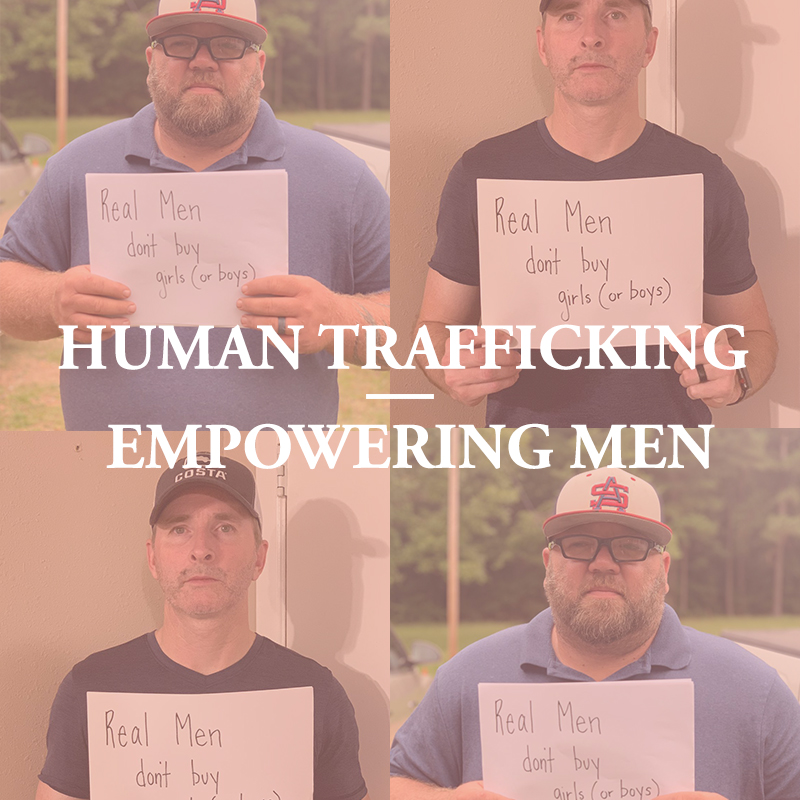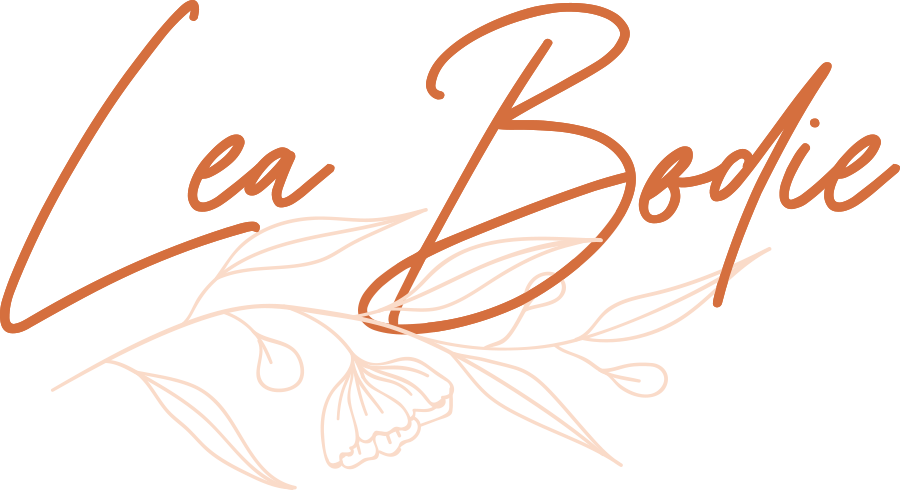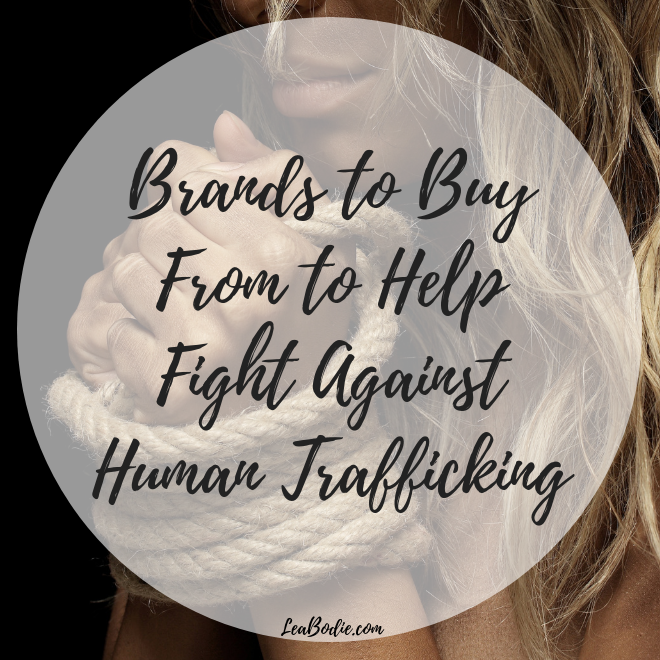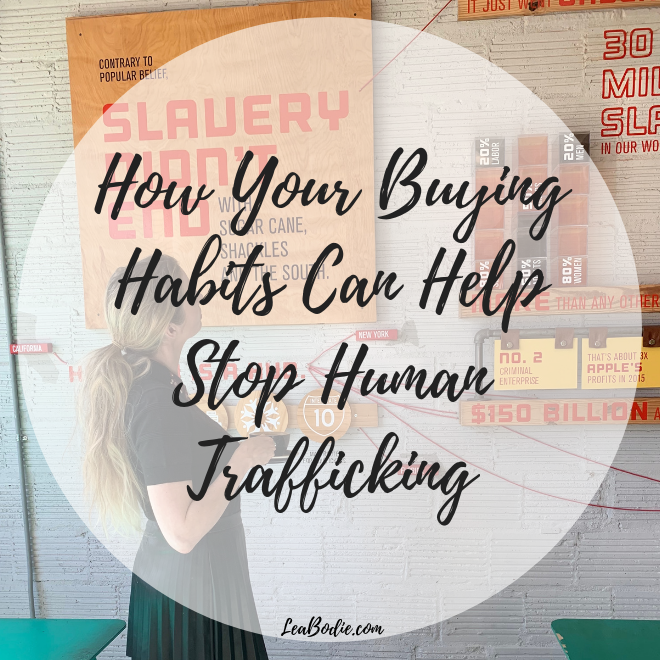Human Trafficking: Modern Day Slavery
Whenever we hear people preach about being advocates of human trafficking, we might need more than just lending ears that try to listen. The slavery that’s going on all over the world right now is way different from centuries ago. It’s not the kind that people would shout help for, compared to how it used to be when it was explicitly fought for. In the silence of their pain, their hearts cry out to be noticed without having to speak. My friend, if you’re reading this right now, know that our world needs more compassionate hearts like yours that will take action for those who cannot.
Modern Day Slavery: What is it anyway? How does it work?
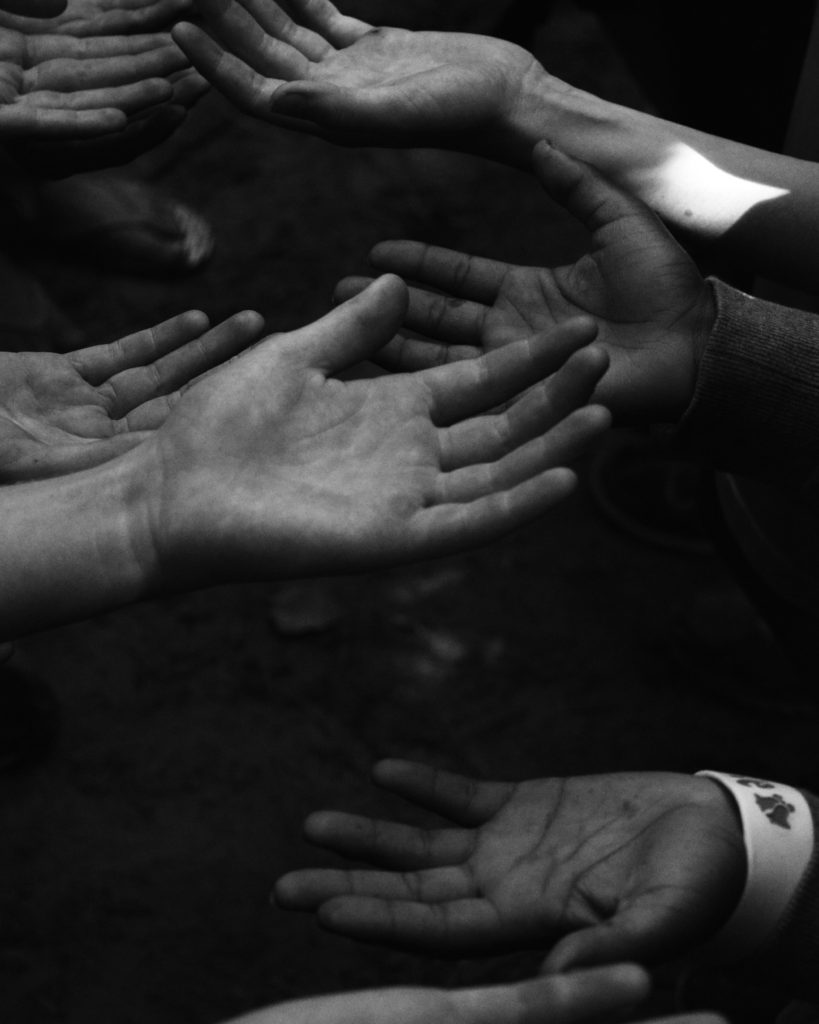
Being aware of such social issues is vital before diving into it. Human Trafficking is basically slavery in its rawest form — the trading of human beings. Traffickers host forced labor in private economies that lure vulnerable people. They recruit people and compel them by using force and coercion. They treat human beings and barter them as if they were just some kind of creature with no point of existence.
Here is the easiest way to understand one example of such circumstance: Imagine if you were financially poor and you were desperate to feed your family. You see advertisements along the way that claim to give you a promising future, so you immediately call the company to proceed with the agreement. Everything is settled and you have already agreed to pay the company out of the said “job”. As they take you to the supposed location of work — you realize that it is not where you have expected it to be. Instead of a decent place to work your way out of poverty, you land in a brothel only to realize that you were already sold to its owner. You are now their property and are forced to pay off the initial expenses but through the compensation of prostitution. What’s worse, you have no idea where you are and if you attempt to leave, you will be threatened with heavy violence or even death. The dream of being able to pull your family’s struggle of poverty turned into a lifetime of nightmares.
People all over the world and of all ages are not safe from this disheartening matter. Forced labor and sexual exploitation are the most common forms of human trafficking. Some are under-reported yet never under-valued of its cruelty, and this includes the extraction and selling of human organs, forced children begging and pornography, and even forced marriage in some countries.
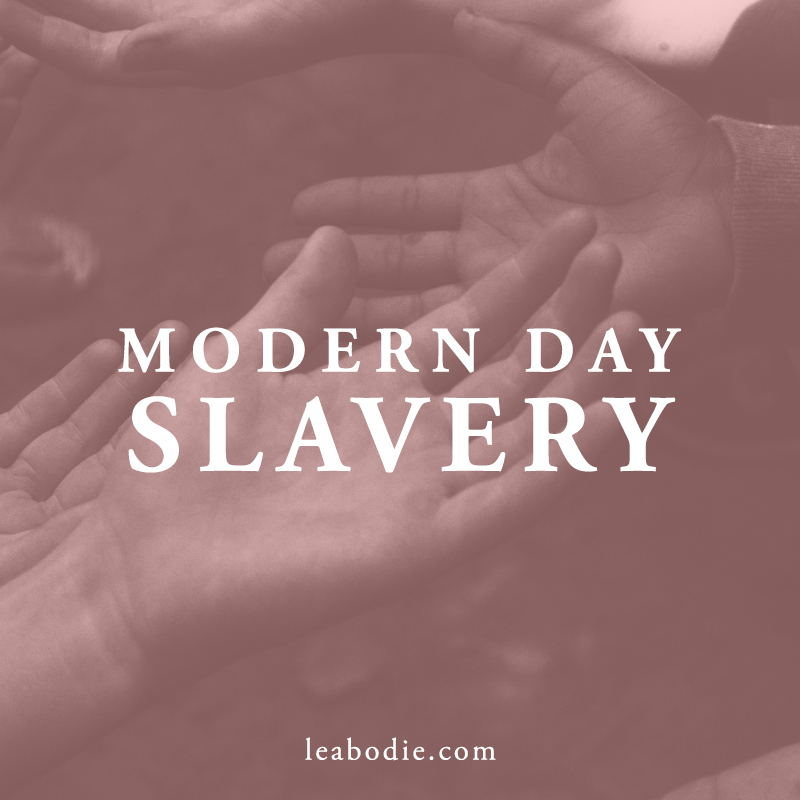
If this does not bother you, you might have to read it again. This is more than just a crime that victims struggle to run from. There is a much-needed demand for aftercare for those who’ve lived with the trauma. It takes away the human dignity of freedom. It strips the perception of worth to those who’ve struggled with it.
Human trafficking, with its very lucrative economy, generates illegal profits up to $150 billion US dollars per year according to a report from the International Labor Organization. And you know what’s even worse? Two-thirds of it come from sexual exploitation, which has women and children as common victims — the most vulnerable beings.
This evil manipulation spreads like wild-fire in the dark side of private economies. It is one of the fastest-growing activities that criminal organizations continue to profit from. Forced labor and sexual exploitation are very serious matters that need immediate action, because the more that we wait, the more it multiplies its victims.
Now that you are aware of human trafficking, let me ask you this:
Are you ready to fight for those who cannot fight for themselves?
